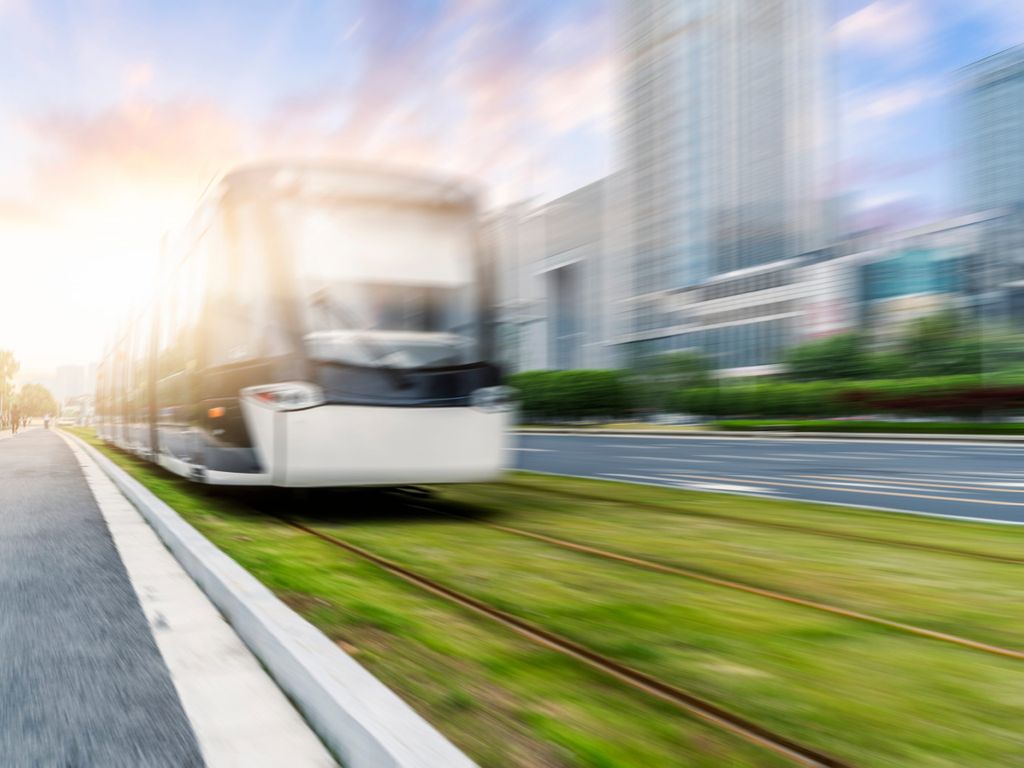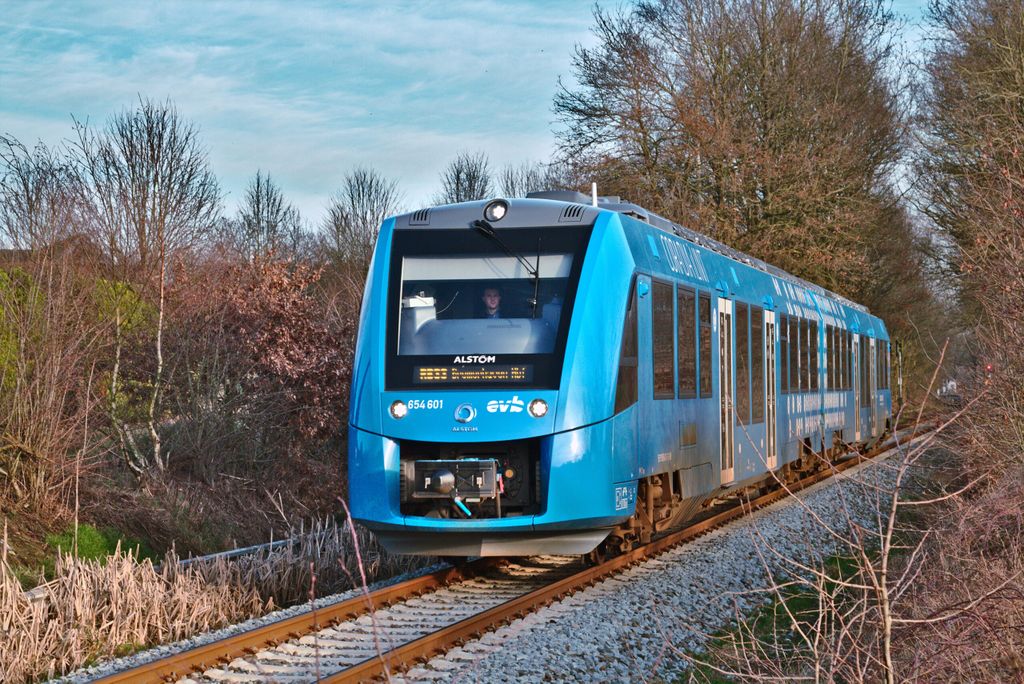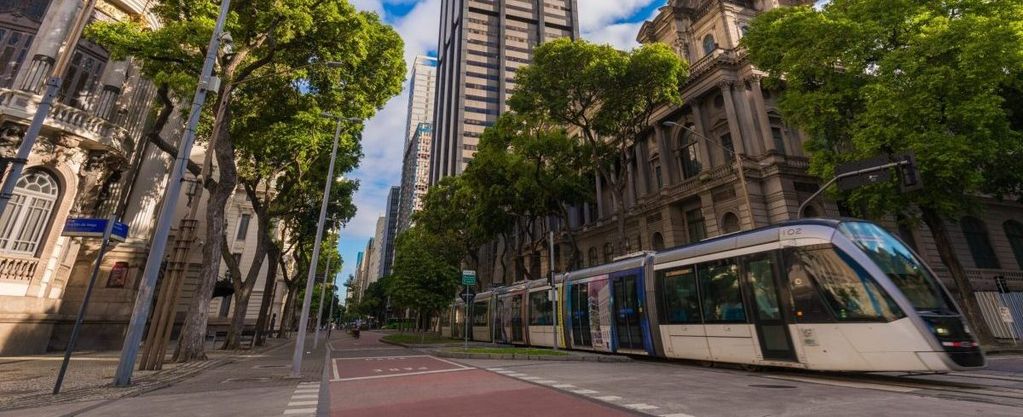
Giving public transport a central place in the world of tomorrow: UITP, UIC and UNIFE issue Joint Statement
Our world is more interconnected than ever before in its history.
This allows for close collaborations, fruitful partnerships and joint efforts to advance essential services.
It also brings new risks.
This is most evident today by the Covid-19 crisis that has disrupted lives across the globe.
As a global association, UITP is deeply connected to our members in 100 countries, as well as many other bodies, associations, groups and stakeholders.
During the coronavirus pandemic, we have worked closely with our sectoral colleagues to make the case for public transport in a time when it has never needed our voices more.
That continues now with our latest partnership in the form of a Joint Statement with UIC and UNIFE.
By working together to examine the changes brought on by the coronavirus pandemic and the next steps for our sector, we are giving public transport a central place in the world of tomorrow.
One of the major ramifications in the world continues to be the rising dangers of climate change, which has not stopped during the crisis: climate action is still required by all of us.
For the public transport sector, mobility services provide the connectivity that enables increased trade and the ability of modern economies to create ever greater prosperity.
Unfortunately, many available modes disproportionately generate greenhouse gas emissions that have contributed to today’s disruptions. Unlike rail, unsustainable services are responsible for 22% of emissions that endanger natural ecosystems on which we depend on for our very lives, putting us in contact with novel pathogens.
However, what we do know for sure is that rail and public transport are part of the solution.
In Europe, rail accounts for 7.6% of passenger and 17.6% of freight transport, but only creates 0.5% of its GHG emissions. With regards to the average energy consumption, urban rail with its 0.12 kWh per passenger-km is 7 times more energy efficient than private cars in cities.
Rail’s carbon footprint is significantly smaller than those of the other transport modes.
As members of the public transport and supply industry, we’re well aware of our obligations to both society, passengers and customers.
We know that the Covid-19 crisis will not go on forever.
We will once again be able to safely meet, to talk to each other face-to-face, and to share a bus, metro, tram and train ride.
As we collectively rethink sustainable mobility, it is essential that transportation is not synonymous with individual vehicles.
In order to do so, the public must understand rail’s value to urban life.
And we cannot do that alone – we must continue to collaborate with others to make our message heard.
Our services have stood the test of this crisis, and we will continue to serve as needed. We are committed to building a new mobility paradigm for Europe’s sustainable future.
become a member







